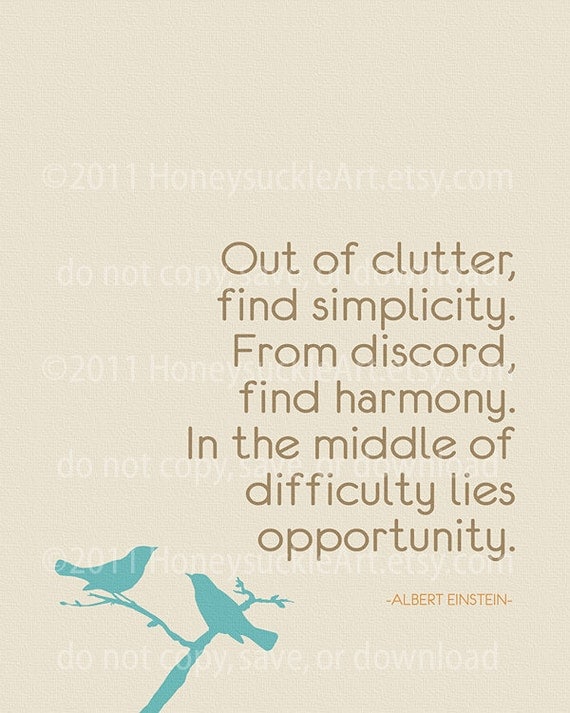Im nearly out. I can no longer count the years or months; I
have weeks and am still in disbelief that the countdown will shorten to days. I
think it safe to say that I am more surprised than anyone else in regards to my
performance. Although resilience has played a grand role, it was a performance
of great stature by the end.
Peace Corps Senegal began casting two summers ago, calling ag-interested applicants out of the wood-works. After proving our skills and
dedication, not to mention health and legal reputations, over any where from a
ten month to a several year span, we got the part. This new season would
introduce 54 new (and still clean) faces to the program of 200. Peace Corps
Senegal: the place where dreams are mefloquin induced and the vegetables are
all greener on the other side.
We gradually took on local characters as we
stumbled through new languages and flattened words with our American tongues,
furrowed our brows at cultural practices and realized we could explain ours no
better, and felt the pit of our stomachs contract, hardly satisfied by the nonsubstantial
staple. Our characters filled out as we were taken in by families and made new, very patient friends. We were assigned a dialect as part of the process to correspond with our new
home and workplace in a community guaranteed to be comparatively curious about
our ways as we were theirs. And finally, to seal our new
identities, we were given names, which sprouting from weeks of hardship and training with the promise of
mysterious but gratifying years.
The show began far before any of us realized it. We were
right to feel like stars the moment we found crisp invitation letters waiting
expectantly in the mailbox.
I am Homa Diao, an agfo PCV in the lush region of Kolda. I
belong to the Casamance, which is made obvious by my sweet Foulakounda twang.
Consider me a hardworking southern belle, my family still traceable to the
herding lifestyle although we've been settled for a hundred years. I have a
namesake and she is beautiful; She can walk now and soon will only know me by
stories. Ive been given more babies and husbands than I care to count to take
back to America with me. I have a hardworking Babaa and two moms that care for me in their own ways.
My days have taken on a slower pace to allow for
greetings and hamming it up with the crazy old women; my days have slowed to
patiently listen to kids explain themselves without the clues of body language;
my sweet days have slowed just enough for people to show me what is important
to them and for me to reassess, myself.
What started out as a performance became intertwined with my
life.


